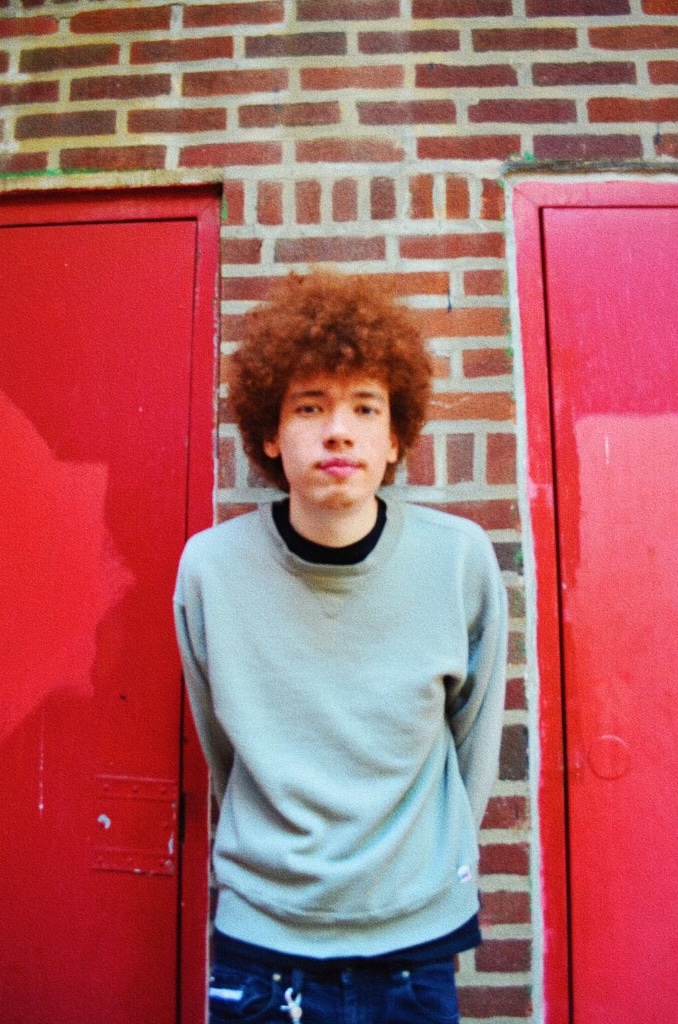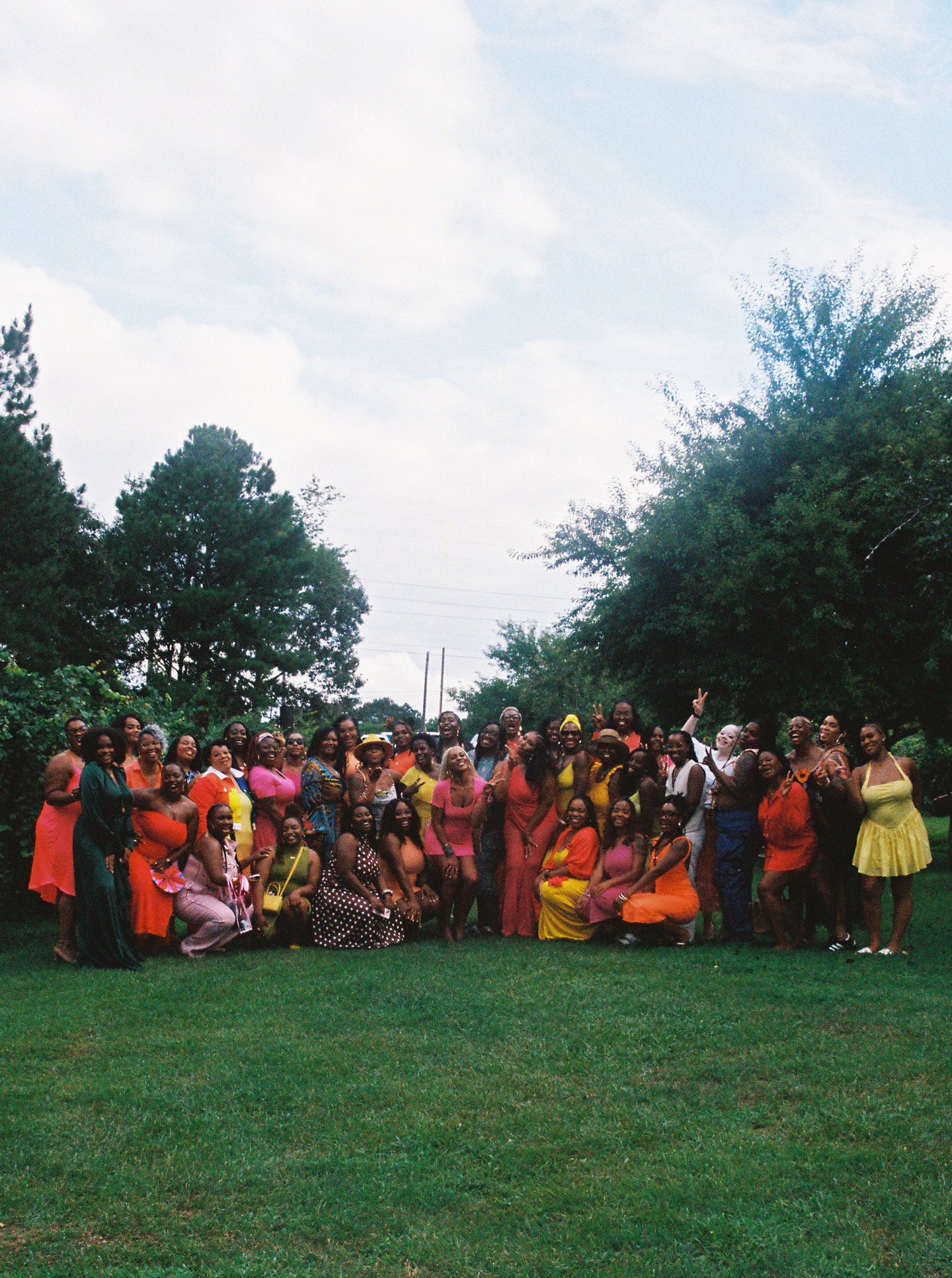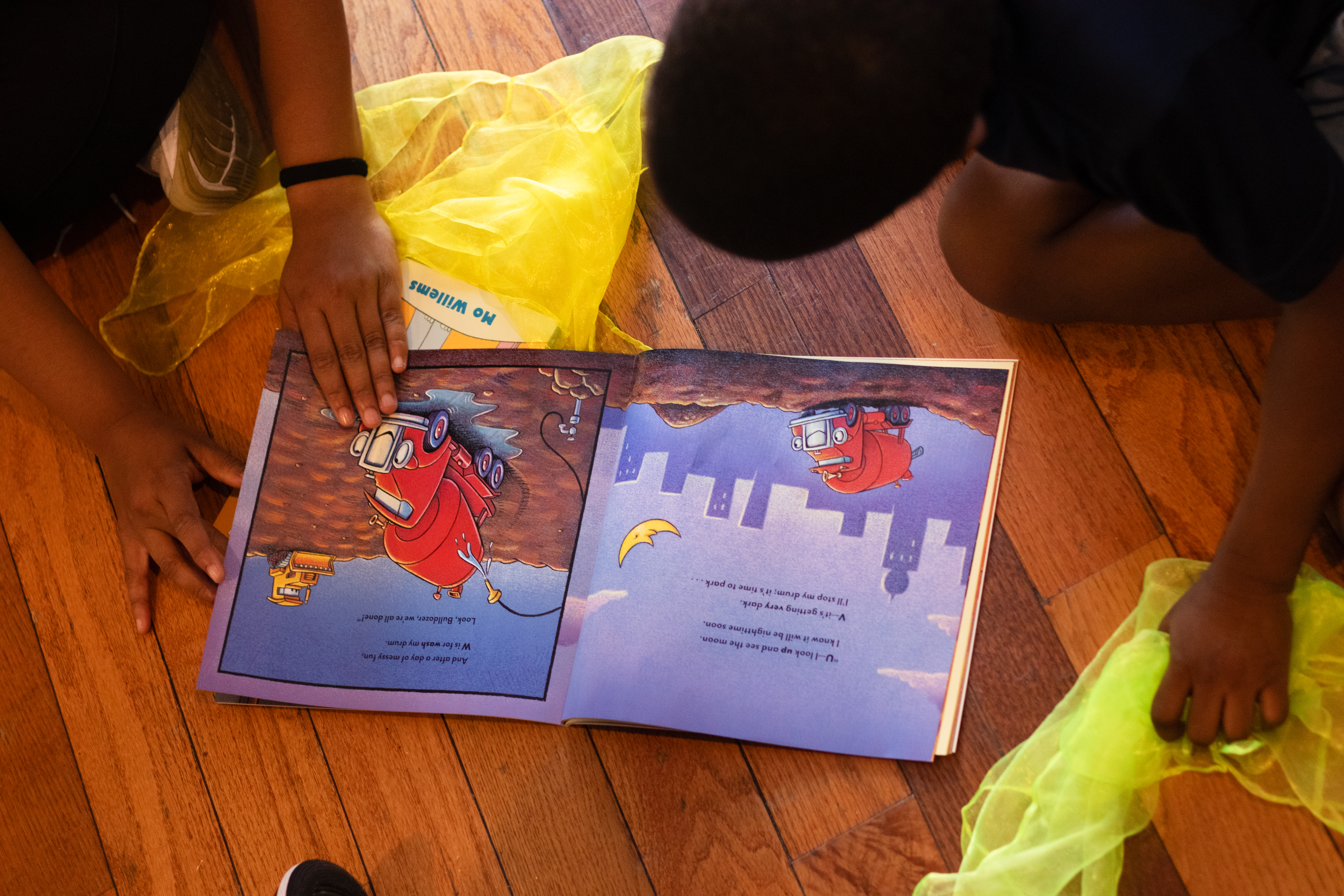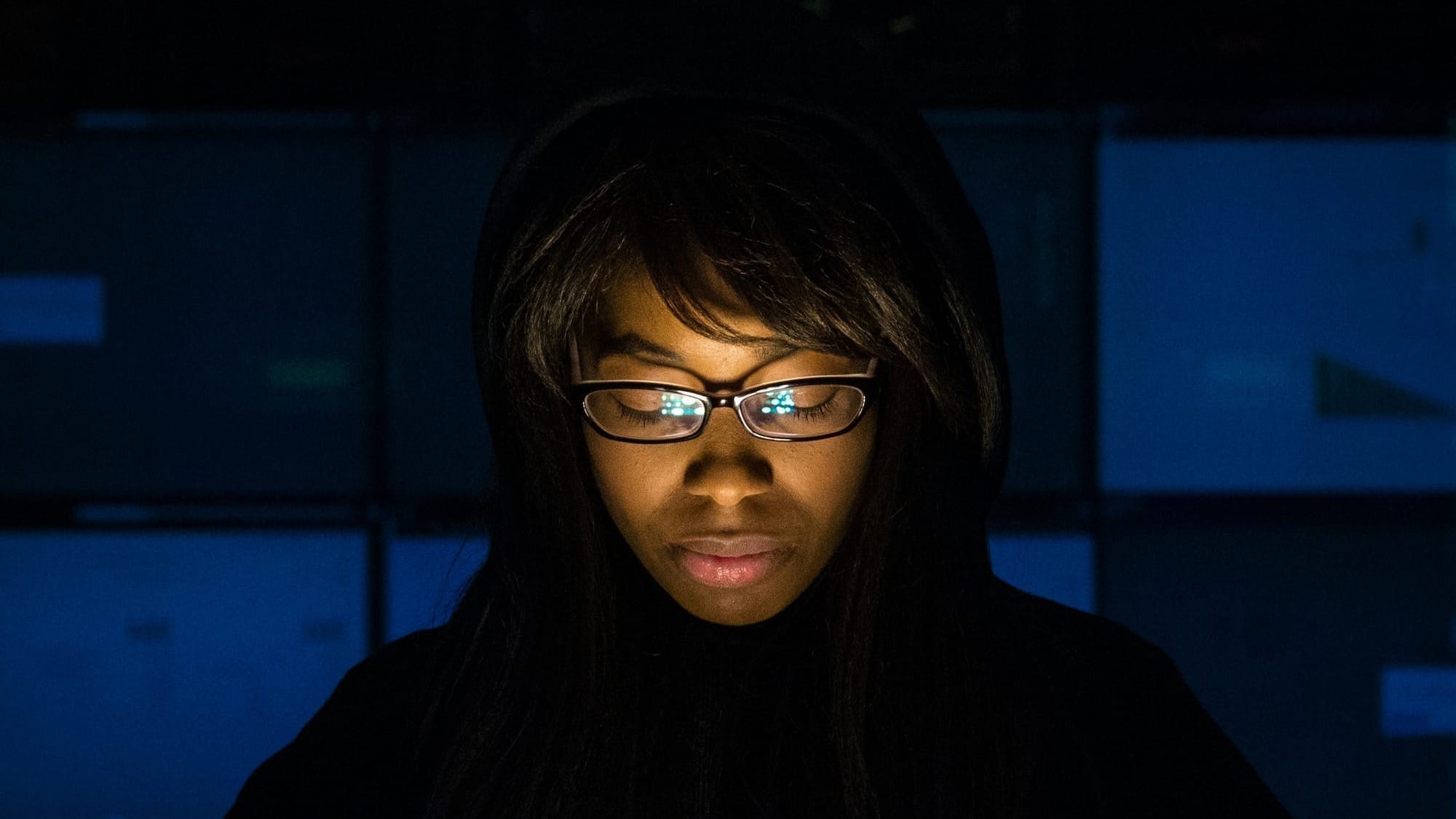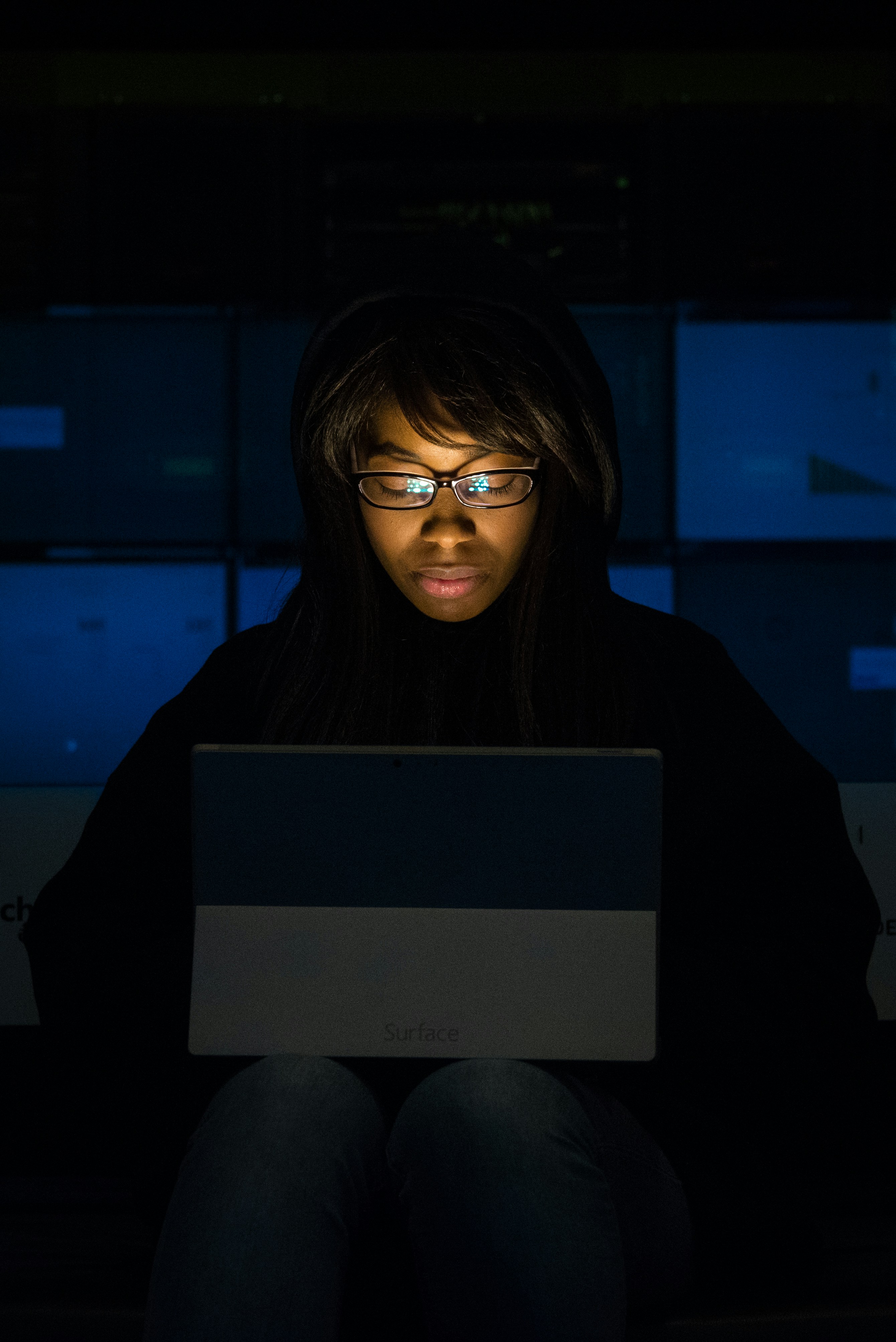The Right to the Black City: Thinking through Black Third places in the city of Philadelphia
Third place is a common term to hear these days across various social media platforms. The third place coined by Ray Oldenburg is a place between the first place (home) and the second place (work) where people can congregate and build community.
Third place is a common term to hear these days across various social media platforms. The third place coined by Ray Oldenburg is a place between the first place (home) and the second place (work) where people can congregate and build community.
In terms of Black third places in Philly that I've frequented with love, I think of Uncle Bobbie's, the Cobb's Creek Public Library and Harriet's Bookshop just to name a few. These are spaces that can facilitate conversation which is a critical part of third places in Oldenburg's theory. Often, these third places are described as one solution to the various social ills befalling modern cities. In an increasingly alienated world due to work from home, Instagram, and streaming, creating more places where Black people can converse outside of the two places seems like a good idea.
I am unsure about it. But first, I should talk a bit about the context that Oldenburg was writing from. Oldenburg was a sociologist writing about the loss of democratic culture in the United States. His book was published in 1989. As I learned about his writing, it seemed to me to be understood to be concurrent with books like Bowling Alone by Robert Putnam which sought to explain the decline of civic organizations and the increased alienation in American society in the latter half of the 20th century. Oldenburg's writing came from a similar place as someone living in a suburb grappling with the rapid decline of American democratic life as he understood it. In many ways, both Putnam's and Oldenburg's observations about the rise in alienation in urban life has only accelerated with the rise of smartphones.
But how does this relate to Black life in Philadelphia?
Well, the urban landscape of Philadelphia has become increasingly more hostile to Black people in addition to the rise of alienation across society. I think often of the groups I'd consider the most marginalized in the midst of the oppressive city infrastructure which would be the Black youth, the Black poor and Black homeless people.
For instance, poverty has been increasingly criminalized with the rise of fare-hopping tickets which impacts the groups of Black people I previously mentioned. Recently, I've noticed an increase in SEPTA and regular PPD at various stops giving out tickets. The hostility of the bourgeois city to the Black working classes is also evident in how Black youth are now banned from being in the Fashion District after 2pm if they are not with an adult twenty three years or older.
Even now, transportation around the city has the potential of becoming more difficult with the SEPTA funding crisis which could result in many debilitating service cuts. These cuts would limit who would be able to traverse the city, making it less accessible for many Black folks.
Finally, the gentrification in Philadelphia has been rapidly growing despite not reaching the excesses of a place like New York City. It is possible though in a few years that Philadelphia will have a housing crisis that is as fully fledged as the one in New York. To be clear, for many Black people in the city, the housing crisis is already here. According to an article in 2022 written by PHA CEO Kelvin Jeremiah, there are more than sixty thousand households who must wait years for a housing voucher or a spot in public housing.
Even public spaces like Bartram's Garden have become increasingly policed. Recently, a friend of mine held a Black arts gathering there and was kicked out after dark. It is clear that a city built on development is no friend to Black people.
While I do not think that third places are a bad thing at least as framed through the ideas of Ray Oldenburg, I do think that I struggle with the concept as sufficient for Black Philadelphians. The third place is not a place that can just be built. It must be inhabited. Thus, many of the new cafes or bars that could be understood as progressive or seeking to fill a gap as a third space can often fail to address the third places doctrine that Oldenburg himself is interested in.
For example, new coffee-shops are always springing up across the city however these coffee-shops may not always become third spaces due to where they are placed or the programming that they are doing to attract a clientele.
Third places are a thing that happens, not something that you build. I'd argue that the current development landscape of Philadelphia means that many of the new places we would think about as Third places fail to fulfill that role. At the same moment, the Free Library of Philadelphia serves in many ways as the last bastion of the Black third place. However, it is a tenuous position. Branch closures occur often due to lack of heat or air conditioning in the building which can be traced directly to how underfunded services such as the Free Library are.
Instead, I propose the concept of “the right to the city” or the “right to the Black city” in this case. This idea comes from Henry Lefebvre. Lefebvre's book The Right to the City helped me to understand how much of “third places” discourse (including the work of Olderburg) is guided by a nostalgia about cities in the past that were more walk-able, affordable, community oriented and full of things to do.
However, Lefebvre argues that these past forms of urban life are contingent on the way that racial capitalism has developed and there cannot be a return to these prior forms of urban life as people like Oldenburg desire as the major force guiding the development of a city like Philadelphia is the profit motive which no longer has a use for most “third places”.
Yet, Lefebvre is not a pessimist. Instead, he argues for the right to the city that the working classes in cities must be the ones who decide development instead of the capitalist developers. He puts it eloquently that “The realization of urban society calls for a planning oriented towards social needs...”
The Black poor and working classes have little to no control over the development of Philadelphia towards their social needs. Instead, they are gentrified, policed, and restricted away from urban life. As I discussed earlier, there are too many examples of this in Philadelphia. To create new spaces for Black social life, Black working class must control development. We can see hints of these types of politics in social struggles such as the #SaveUCTownhomes where residents rallied to stop their eviction.
In my view, it will take movements of this size and even larger ones to reinvigorate Black public life in Philadelphia. I do think that Black third places, if they can be developed correctly, are still important especially to developing movements that fight for control of the city. Uncle Bobbie's and Harriet's Bookshop both host important events around this kind of topic. It is critical that we support spaces that can act as third places for Black people of all kinds in an increasingly hostile city.
